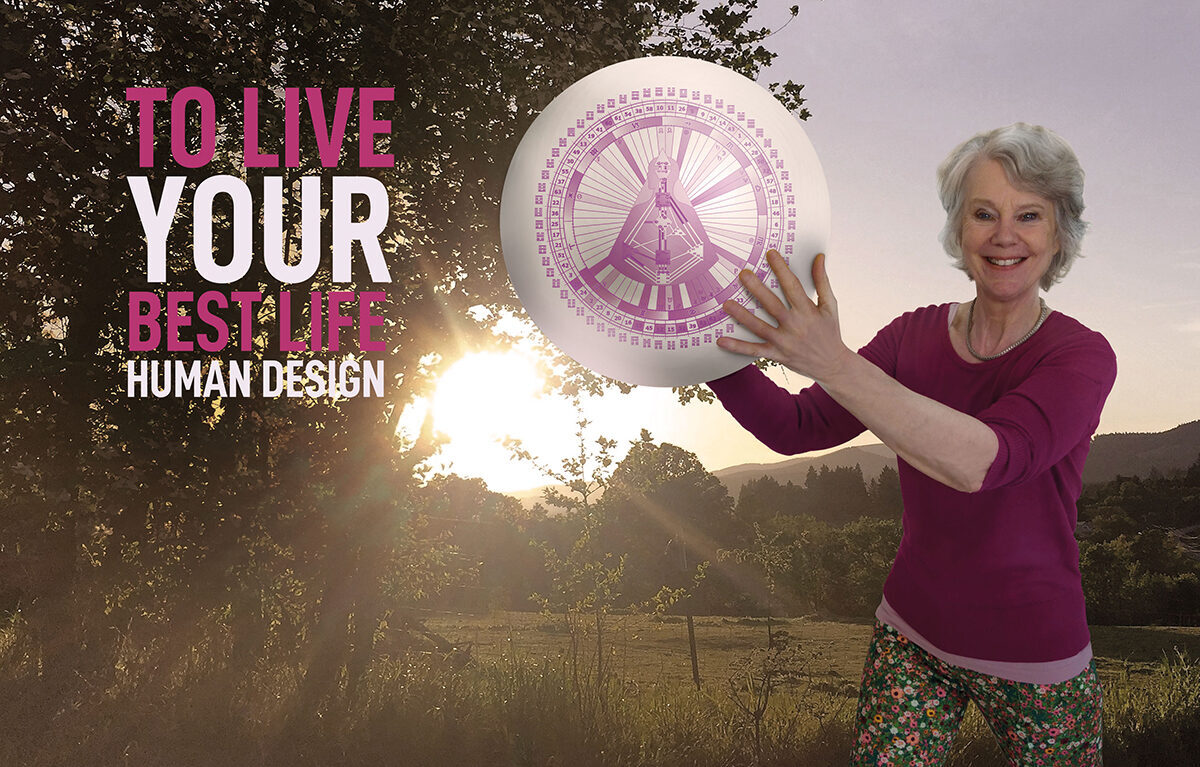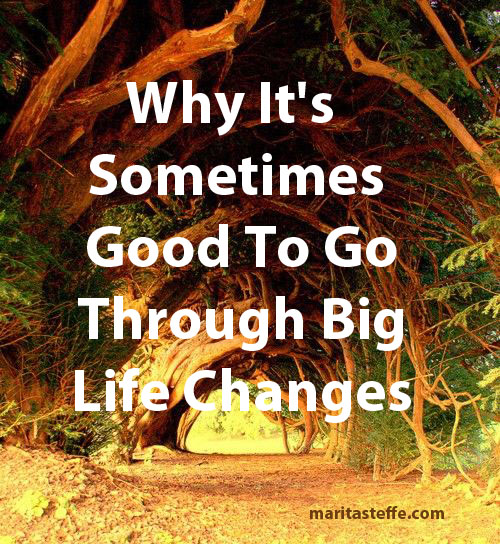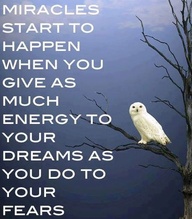
"Empower Your Life By Letting Go – But How Do We Let Go?"
In personal development and twelve step programs, letting go is one of the main principles to help us get unstuck. It's very simple but very hard to understand what to do. Our intellect does not like it and screams 🙂 "Oh no I don't want to let go"
Thoughts and feelings can be pleasant, but we all have experienced thoughts and feelings that cause us unhappiness or stress. If we let go we empower our life and make room to achieve our life goals and dreams.
Stress can often trigger have a million and one things happening at once and a chattering mind is one of the last things you need. Therefore, it’s very important to be able to spend some time to relax, put things in context and to let go.
When you notice your mind chattering away in the background, focus on it and recognize that there is a thought chain happening – often significant parts of the mind aren't actually aware of what's happening, as its just part of the background.
You can say "I am currently feeling this" or "I am thinking of such and such" This can help focus the mind on what’s happening so it doesn't go off to the next thing. Quite often the thoughts stop just by focusing on them because they are suddenly exposed to your awareness. This might be hard at the beginning but will get easier with practice, it is called mindfulness, a is a simple meditation practice.
Below is a very simple and effective method that can help letting go, explore why we hold onto thoughts and feelings in the first place and some more tips to add to your toolbox. It is called the Sedona Method and was developed by Hale Dwoskin
Make yourself comfortable and focus inwardly. Your eyes may be open or closed.
Step 1: Focus on an issue that you would like to feel better about, and then allow yourself to feel whatever you are feeling in this moment. This doesn’t have to be a strong feeling. In fact, you can even check on how you feel about this exercise and what you want to get from it. Just welcome the feeling and allow it to be as fully or as best you can.
This instruction may seem simplistic, but it needs to be. Most of us live in our thoughts, pictures, and stories about the past and the future, rather than being aware of how we actually feel in this moment. The only time that we can actually do anything about the way we feel (and, for that matter, about our businesses or our lives) is NOW. You don’t need to wait for a feeling to be strong before you let it go. In fact, if you are feeling numb, flat, blank, cut off, or empty inside, those are feelings that can be let go of just as easily as the more recognizable ones. Simply do the best you can. The more you work with this process, the easier it will be for you to identify what you are feeling.
Step 2: Ask yourself one of the following three questions:
• Could I let this feeling go?
• Could I allow this feeling to be here?
• Could I welcome this feeling?
These questions are merely asking you if it is possible to take this action. “Yes” or “no” are both acceptable answers. You will often let go even if you say “no.” As best you can, answer the question that you choose with a minimum of thought, staying away from second-guessing yourself or getting into an internal debate about the merits of that action or its consequences.
All the questions used in this process are deliberately simple. They are not important in and of themselves but are designed to point you to the experience of letting go, to the experience of stopping holding on. Go on to Step 3 no matter how you answered the first question.
Step 3: No matter which question you started with, ask yourself this simple question: Would I? In other words: Am I willing to let go?
Again, stay away from debate as best you can. Also remember that you are always doing this process for yourself—for the purpose of gaining your own freedom and clarity. It doesn’t matter whether the feeling is justified, long-standing, or right.
If the answer is “no,” or if you are not sure, ask yourself: “Would I rather have this feeling, or would I rather be free?”
Even if the answer is still “no,” go on to Step 4.
Step 4: Ask yourself this simpler question: When?
This is an invitation to just let it go NOW. You may find yourself easily letting go. Remember that letting go is a decision you can make any time you choose.
Step 5: Repeat the preceding four steps as often as needed until you feel free of that particular feeling.
You will probably find yourself letting go a little more on each step of the process. The results at first may be quite subtle. Very quickly, if you are persistent, the results will get more and more noticeable. You may find that you have layers of feelings about a particular topic. However, what you let go of is gone for good.
You might want to repeat this process if you still feel attached to whatever you wanted to let go of and just have fun with it. Be curious about the attachment that is still present, spirit loves curiosity!







